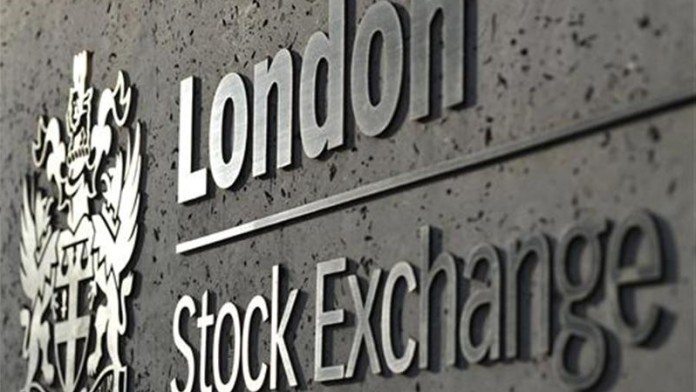
THE sell off in AngloGold Ashanti shares following soft third quarter production numbers was “overdone”, according to a report by Goldman Sachs.
Another bank, RBC Capital Markets, said the company was an “attractive rerating story”, a view partly based on the gold mining firm’s potential listing in London.
AngloGold reported a 3% decline in third quarter production year-on-year and a slight increase in unit costs. It reiterated full year production guidance of 3.25 to 3.45 million ounces, although RBC Capital expected production to come in at the lower end.
The updates on Obuasi ramp up, which should achieve a run rate of 400,000 oz/year during 2020, and the proposed sale of its South African assets – Mponeng and Mine Waste Solutions – were positive, it said.
“Looking beyond Obuasi, it is the potential for a move in primary listing to London that could drive a bigger re-rate for [AngloGold]. This would provide a third large cap gold name to a UK market in need of new exposures,” said RBC analysts James Bell and Marina Calero.
AngloGold said in December it might take a listing offshore, possibly in London, whilst retaining its corporate office in Johannesburg. This would be after the sale of Mponeng, a mine with significant resources but which requires equally significant capital spend.
Shares in Anglogold Ashanti in Johannesburg were slightly weaker in the first hour of trade today taking losses this week to about 10%.
Goldman Sachs said share price weakness was partly related to pressure on the precious metals complex this week with other shares similarly affected: shares in Harmony Gold and Gold Fields are also under pressure although they have not lost as much as AngloGold.
The bank said there were concerns about increases in AngloGold’s exploration costs, a development it said was necessary given the planned sale of Mponeng which comprises a large portion of total reserves and resources.
“While the increased spend is negative, given that mining is an extractive industry which relies on reserve replacement, it makes sense for the miner to address this concern on asset life, especially given the strong gold price environment and the pending sale of one if its relatively long life assets,” it said.
Getting VAT returns from the Democratic Republic of Congo was another pressure, although one shared by other mining companies in other mining districts such as Zambia and Tanzania. Barrick Gold, which manages the DRC joint venture with AngloGold, is reported to have made progress recovering VAT claims from the government.
“We believe the move in AngloGold’s share price is over-done and is disconnected from the stock’s fundamentals,” said Goldman Sachs. On the positive side, the sale of Mponeng, the unhedged nature of the firm’s production and the ramp up in Obuasi production stood it in good stead for a share recovery.











